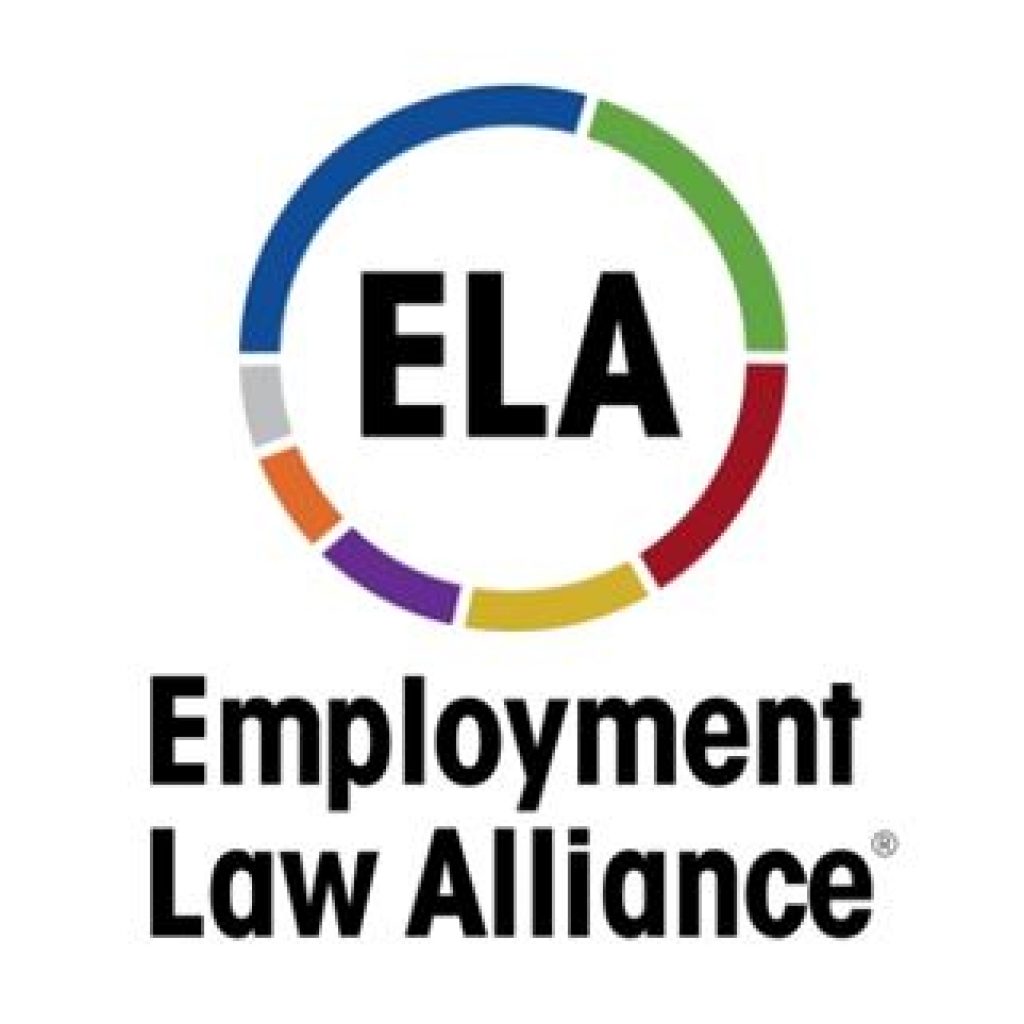Other Federal Agency COVID-19-Related Actions
Several other federal agencies have announced COVID-19-related actions of interest to employers:
- The Department of Homeland Security has announced flexibility with regard to the Form I-9 requirement that employers review the employee’s identity and employment authorization documents in the employee’s physical presence. This applies only to employers that are operating remotely, and will last until May 19, 2020, or three days after termination of the National Emergency.
- Employers must still inspect the documents remotely (by video link, fax or email) and obtain, inspect and retain copies of the documents within three business days for purposes of completing Section 2 of the form.
- After normal operations resume, all employees who were subject to remote verification must report to their employer within three business days for in-person verification of Form I-9 identity and employment eligibility documentation.
- Employers must enter “COVID-19” as the reason for the physical inspection delay in the Section 2 “Additional Information” field once physical inspection takes place.
- Once the documents have been physically inspected, the employer should add “documents physically examined” with the date of inspection to the Section 2 “Additional Information” field on the Form I-9, or to section 3 as appropriate.
- The National Labor Relations Board has taken several actions:
- The General Counsel (GC) of National Labor Relations Board, Peter Robb, issued a General Counsel Memorandum summarizing case law pertaining to an employer’s duty to bargain during emergency situations. The memo was prompted by questions from employers and unions in light of responsive measures taken to contain the spread of COVID-19.
It is well established that employers have a duty to bargain over subjects related to bargaining unit employees’ terms and conditions of employment. An exception to this duty exists where “economic exigencies compel prompt action,” which is limited to “extraordinary events which are unforeseen, and have a major economic effect requiring the company to take prompt action.” GC Memo 20-04 sets forth case law relevant to this standard in two categories. First, GC Robb summarized decisions addressing an employer’s duty to bargain where a public emergency has been declared. For example, an employer may not be obligated to bargain over the decision to lay off employees where the layoff is necessitated by a local evacuation order, but the employer may be required to bargain the effects of the layoff. Additionally, an employer’s decision of whether to treat its unionized workforce the same as its non-union workforce (e.g., pay issues) where employees are unable to work due to a public emergency may require an employer to bargain with the Union before taking action. Second, the GC discussed an employer’s duty to bargain during emergency situations particular to the employer.
The memo makes clear that an employer will be excused from its duty to bargain only under extraordinary circumstances. Further, even where such extraordinary circumstances warrant an exception to the employer’s duty to bargain over a decision, the employer will very likely be obligated to bargain the “effects” of that decision.
- The effective date for the Board’s final rule modifying its Representation Case Procedures (which we discussed in our December 13, 2019 E-Lert) has been delayed from April 16, 2020 to May 31, 2020. The modified election procedures will allow non-petitioning parties – employers, typically – to litigate unit scope and voter eligibility issues, and will generally increase the number of days between an election petition and the election. The delay allows for resolution of legal challenges to the rule. Earlier this month, the AFL-CIO filed a lawsuit in federal court, alleging that the Board’s final rule violates the Administrative Procedure Act (APA), National Labor Relations Act (NLRA), and is “arbitrary and capricious.”
- The Board has suspended all representation elections, including mail ballot elections, through April 3, 2020. This suspension may be extended if the COVID-19 situation continues to worsen.
- The Office of Federal Contract Compliance Programs has taken the following actions:
- Issued a temporary national interest exemption to contractors entering new federal COVID-19-related contracts from certain affirmative action obligations under Executive Order 11246, the Vietnam Era Veterans’ Readjustment Assistance Act, and Section 503 of the Rehabilitation Act. There are FAQs regarding this exemption.
According to the National Industry Liaison Group, the OFCCP has agreed as to its audit process that it will grant automatic 30-day extensions for submission of AAPs after receipt of a Scheduling Letter and, following the agency’s receipt of a written AAP narrative, for submission of supporting data reports and analysis. It will also grant an automatic extension of 14 days (up to 30 days upon request) for contractors to respond to information requests. It will conduct 503 focused review onsites via video or phone conference until the contractor’s normal operations resume.







